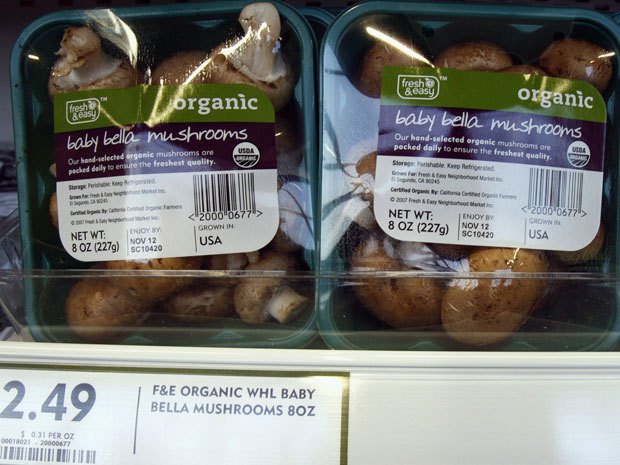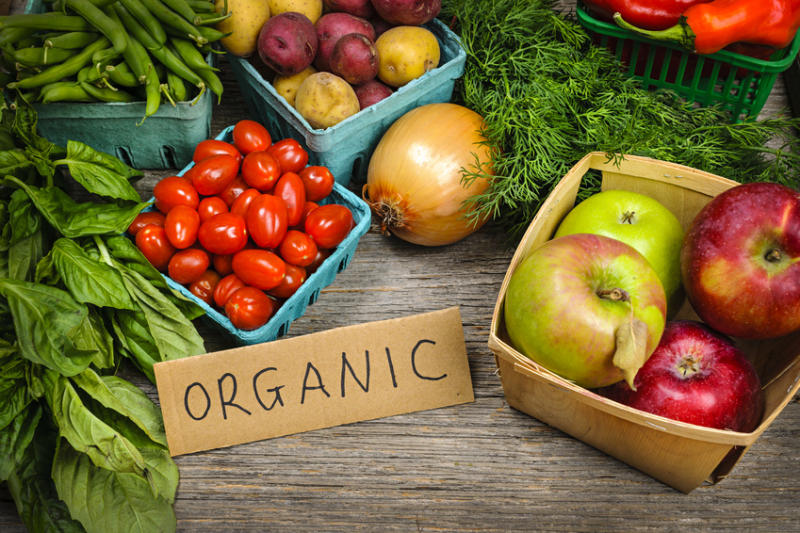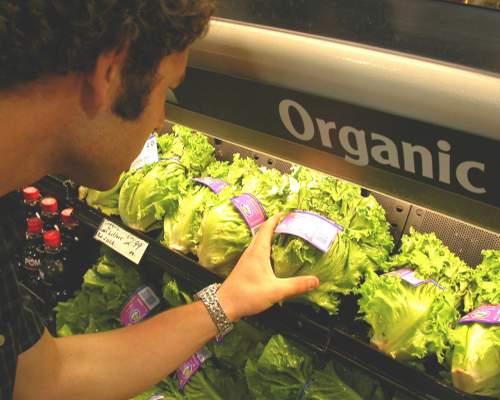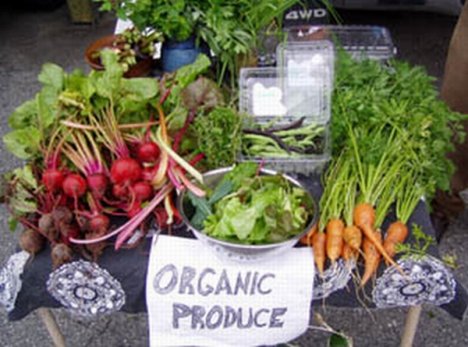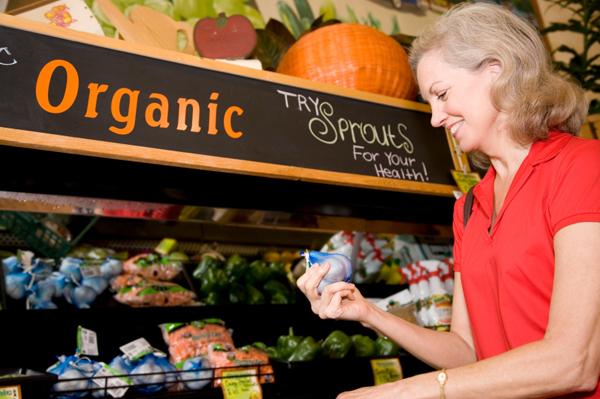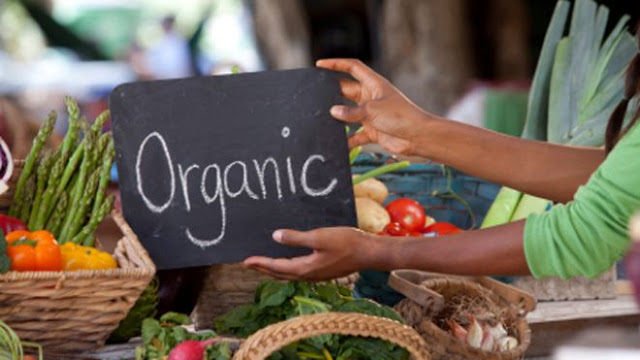[FACT OR FAKE #32] Does Organically Grown Food Taste Better?
According to a new study when people are told that their food is organic, they think it tastes better. What is the reason behind it? Does organic food really tastes best?
Recently, a study found that when coffee was marketed as organic, most people said it tasted better than an identical cup they were told was not organic. Does organic food really tastes better? How much of this is fact and fake?
Researchers from University of Gävle in Sweden offered 44 participants two identical cups of coffee, telling them one was organic. When asked which one tasted better, most of the subjects pointed to the supposedly organic version.
nydailynews.com“An increasingly large number of products are marked with morally loaded labels such as fair-trade and organically produced — labels associated with social or environmental responsibility that speak to our conscience,” the researchers wrote.
care2.com"We show that eco-labels not only promote a willingness to pay more for the product but they also appear to enhance the perceptual experience of the product's taste. Who needs cream and sugar when there is eco-labelling?"
dailymail.co.ukFirst things first: What is Organic Food?
Organic foods are foods that are produced using methods of organic farming – with limited modern synthetic inputs such as synthetic pesticides and chemical fertilizers, though organic pesticides, such as Bt toxin, are still used. Organic foods are also not processed using irradiation, industrial solvents, or chemical food additives.
"Organic" does not mean "natural." There is no legal definition as to what constitutes a "natural" food. However, the food industry uses the term "natural" to indicate that a food has been minimally processed and is preservative-free. Natural foods can include organic foods, but not all natural foods are organic.
How to identify whether or not a food is Organic?
Look for the word "organic" on vegetables or pieces of fruit, or on the sign above the organic produce display. The word "organic" may also appear on packages of meat, cartons of milk or eggs, cheese and other single-ingredient foods.
Foods labeled "100 percent organic" must contain only organic ingredients. Products containing at least 70-percent organic content can be labeled "made with organic ingredients." Those foods labeled simply "organic" must have at least 95-percent organic ingredients, by weight or fluid volume, excluding water and salt.
oneworld.netFAKE: Evidence on differences between organic and conventional food is insufficient to make claims that organic food is safer or healthier. With respect to taste, the evidence is also insufficient to make scientific claims that organic food tastes better.
There is widespread public belief, promoted by the organic food industry, that organic food is safer, more nutritious, and tastes better than conventional food. These beliefs have fueled increased demand for organic food despite higher prices and lack of scientific evidence.
Psychological effects such as the “halo” effect which are related to the choice and consumption of organic food, are also important motivating factors in the purchase of organic food.[3] An example of the halo effect was demonstrated by a study of Schuldt and Schwarz.
The results showed university students who inferred that organic cookies were lower in calories and could be eaten more often than conventional cookies. This effect was observed even when the nutrition label conveyed an identical calorie content. The effect was more pronounced among participants who were strong supporters of organic production, and had strong feelings about environmental issues.
care2.comAccording to the scientific literature, “While there are reports indicating that organic and conventional fruits and vegetables may differ on a variety of sensory qualities, the findings are inconsistent."
There is evidence that some organic fruit is drier than conventionally grown fruit; a slightly drier fruit may also have a more intense flavor due to the higher concentration of flavoring substances.
Some foods, such as bananas, are picked when unripe, then artificially induced to ripen using a chemical (such as propylene or ethylene) while in transit, possibly producing a different taste.
Organic food costs more and is generally harder to find than conventionally grown food
But that hasn’t slowed its growing popularity among consumers. Many shoppers assume organic products are more nutritious and safer to eat, but these perceptions are based more on hype than hard science.
“Some supporters of organic food production promote it as being ‘better’ without any supporting science,” said Penny Kris-Etherton, Ph.D., a registered dietitian and Distinguished Professor of Nutrition at the Pennsylvania State University’s College of Health and Human Development.
“In terms of both nutrition and safety, organic food is no different than foods produced by other contemporary food production practices.”
Is there any downside to Organic Food?
In addition to the higher price, there are two main criticisms of organic food. First, some people argue that eating such products increases your exposure to biological contaminants, putting you at greater risk for foodborne illness.
The second criticism of organic agriculture is that organic farmers can't produce enough to feed everybody. Some experts contend that organic food production, and in particular the failure to implement genetic engineering techniques, will condemn millions worldwide to hunger, malnutrition and starvation because: Yield (total harvest per unit area) for organic farming is lower than for conventional farming. Organic farming is not economically or socially viable in poorer countries.

